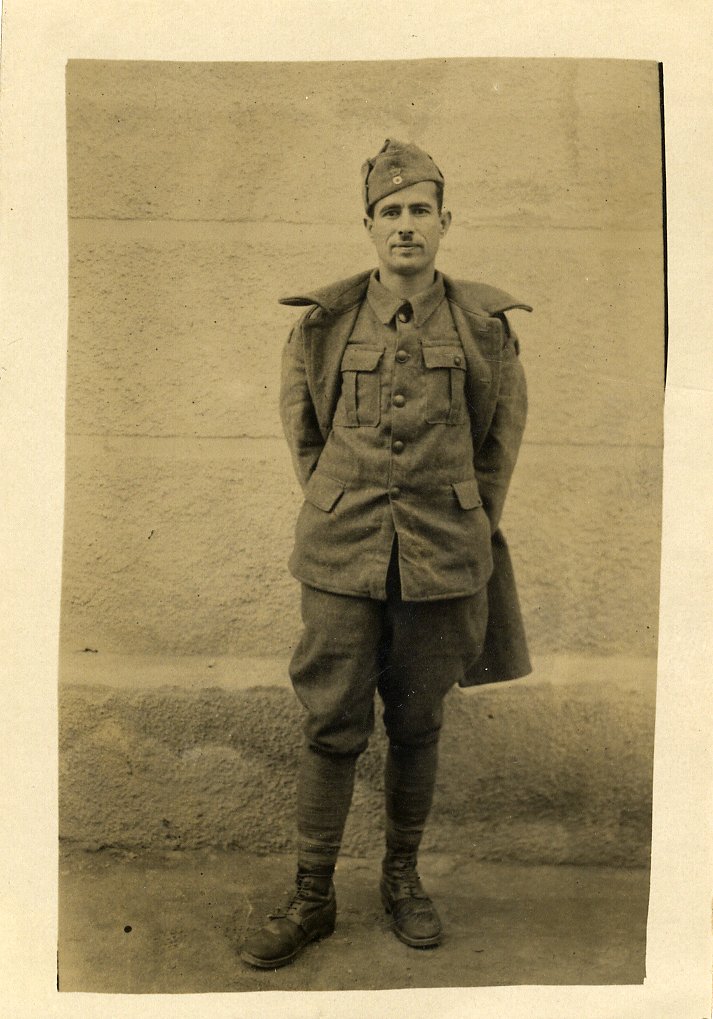
4/28/2025 3:22:49 PM
The Greek-Italian Front of World War II in Albania (1940-1941)
The annexation of Albania by Italy in 1939 was the first indication of its strategic orientation and its plan to invade Greece. The torpedoing of Elli (15 August 1940) was the trigger for the approaching military conflict. On 28 October 1940 Mussolini demanded by ultimatum the military occupation of Greece as a guarantee of its neutral position. Ioannis Metaxas, who had ruled dictatorially since 1936, refused to surrender Greece and responded with the French phrase ''Alors, c'est la guerre'', meaning ''War then''. Hostilities began and by mid-November the Greek forces managed to counter the Italian invasion and prevent the capture of the key roadblocks that would have allowed penetration into Thessaly and Macedonia. This was followed by an offensive in all sectors of the front and the liberation of many Greek towns in northern Epirus in heavy weather. The submarine "Papanikolis" in the Ionian Sea managed to sink Italian transport ships carrying reinforcements and war material to the Italian forces in Albania. At the end of 1940 the Italians were 60 km behind the Greek-Albanian border. This was followed by the crushing of the Italian spring offensive. The superior Italian equipment was not able to change the balance, nor the numerically superior Italian forces, as 16 Greek divisions managed to immobilize 27 Italian divisions. The Greek victories caused admiration in a Europe where the only Allied power remaining free of the Axis Powers was bombed Britain. Pictured: photograph of a Greek soldier from the Greek-Italian front in Albania, 1940-1941. ©Central Service of the General State Archives of Greece.

